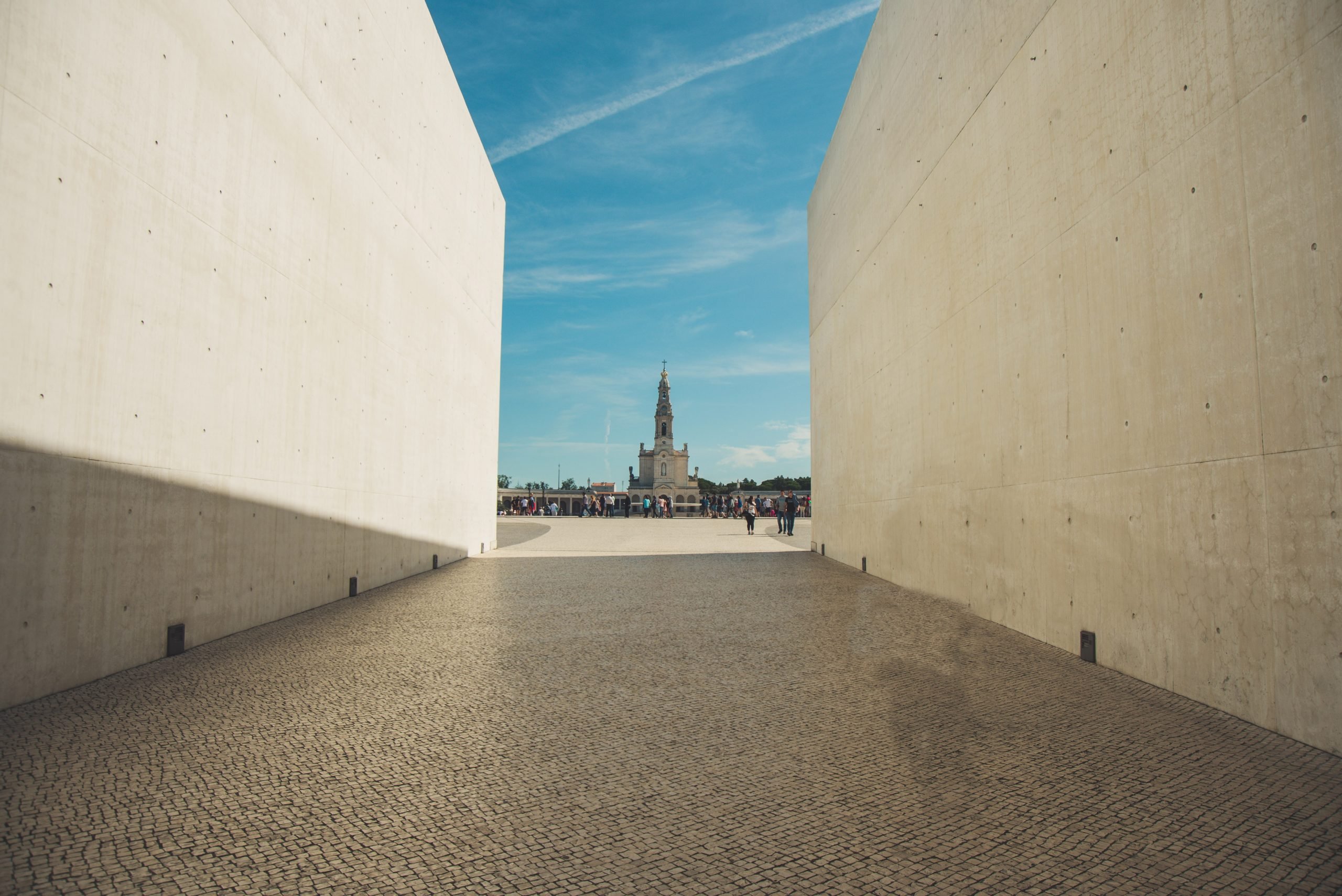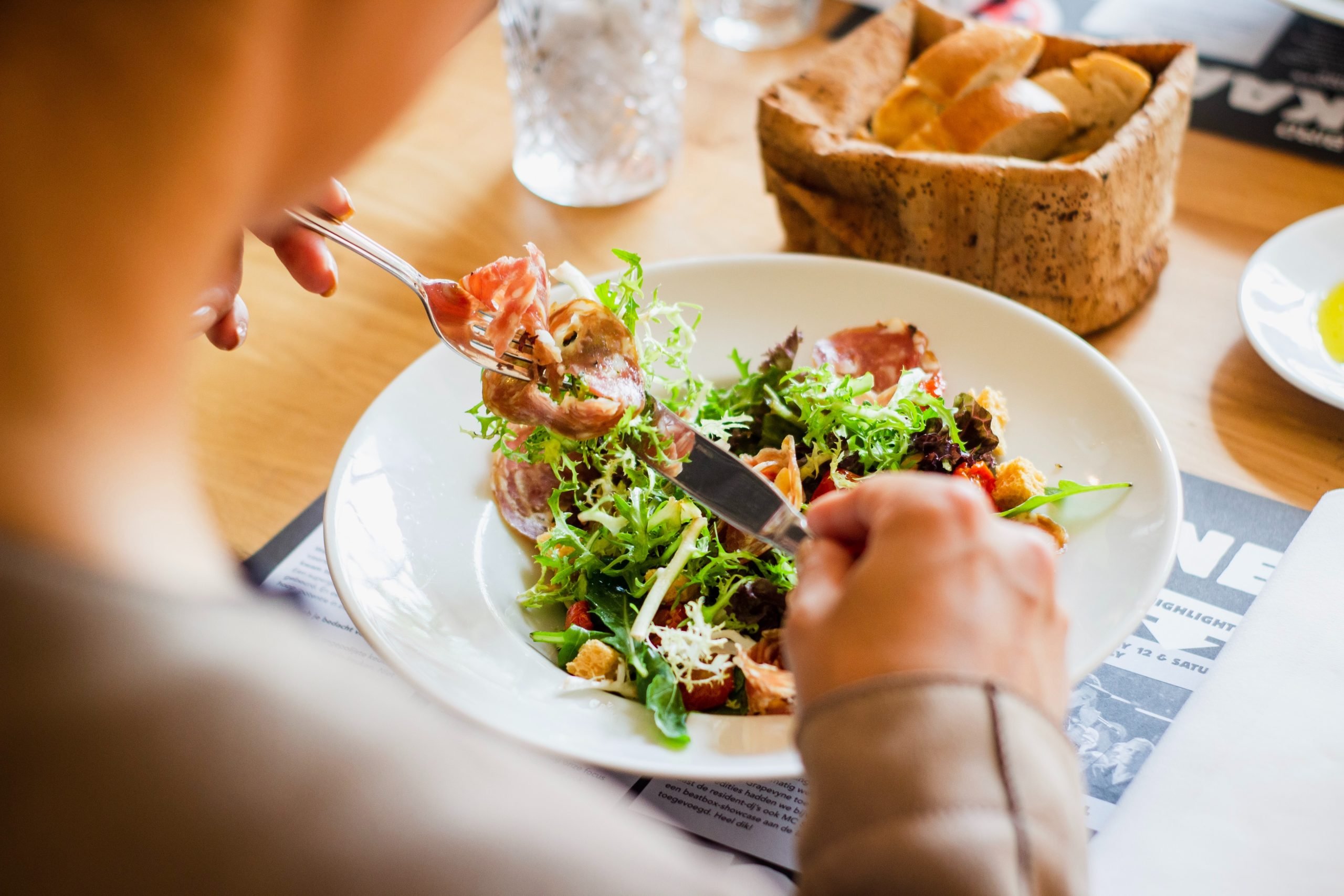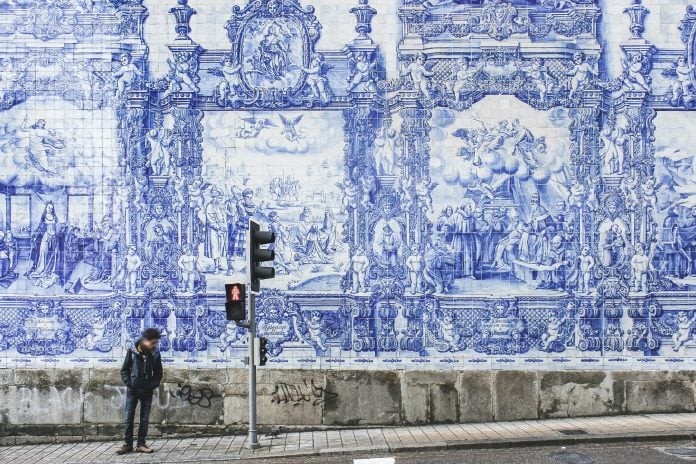If you’re planning to move to Portugal, it’s important to be aware of the cultural differences that may impact your daily life. As with any country, Portugal has its own unique customs and social norms that may differ from what you’re used to. Being aware of these differences can help you adjust to Portuguese society.
Let’s take a look at 9 cultural differences that expats should be aware of when moving to Portugal, including topics such as personal space, religion, punctuality, and more.
1. Personal Space
In Portugal, personal space is not as highly valued as it is in some other cultures. People tend to stand close together when they are conversing, and it is common for people to touch each other during conversations, such as a pat on the back or a touch on the arm. This physical closeness is a sign of friendliness and warmth, rather than an invasion of personal space.
2. Greetings
Portuguese greetings are a bit of a culture shock for expats initially, especially Americans. In Portugal, greetings vary depending on gender and familiarity. Men typically shake hands, while women greet with two kisses on each cheek.
However, some people only give one kiss on the cheek, which is considered posh. In big cities, strangers usually don’t greet each other, but it’s customary in smaller villages. Use bom dia, boa tarde, or boa noite depending on the time of day when greeting neighbors.

3. Punctuality
In informal settings, such as meeting friends or family, there is often a more relaxed attitude towards punctuality. It’s not uncommon for people to arrive a few minutes late, and it’s generally accepted as long as it’s not excessively tardy.
While not being on time for social events is commonplace, this is seen as unprofessional in the business world. Arriving late to a meeting or appointment can be considered disrespectful. If you know you will be running late, it’s important to call ahead.
4. Religion
Portugal is a predominantly Catholic country, and religion plays an important role in daily life. Many Portuguese people attend mass regularly and religious holidays are widely celebrated (even by atheists). Religion is thus cultural.
However, the influence of the Catholic Church has decreased in recent years, and most younger Portuguese people are less religious than their parents and grandparents.

5. Dress code
In Portugal, there is no strict dress code, and you should wear what makes you feel comfortable. However, Portuguese people often associate nice clothing with status, regardless of the price. Flashy displays of wealth are not appreciated, and luxury items with prominent logos are seen as tacky.
Instead, the Portuguese dress in a casual and elegant style, with clean and smart jeans, linen shirts, and year-round dresses. Sneakers are popular, but they must be clean and well taken care of.
6. Gift Giving
Gift-giving is an important tradition in Portugal, seen as a sign of respect rather than a bribe. Companies often send gift baskets to their business clients and partners during Christmas, containing items such as whiskey, spirits, Port wine, or coffee table books. It’s customary to thank the person for the gift, and an additional thank-you note is appreciated.
If receiving a wrapped gift in person, open it immediately and show gratitude with two kisses if the person is close to you. Bringing a gift when invited for dinner is also customary, and rejecting a gift is considered impolite. However, be mindful not to give 13 of the same gift as it is believed to be a bad omen in Portugal.

7. Table Etiquette
Table etiquette in Portugal may seem overwhelming at first, but it’s easy to learn. The host typically decides where guests sit, and everyone waits until all dishes are served before starting to eat. The host usually signals that it’s time to start eating by saying “bom apetite” or “bom aproveito.”
When it comes to utensils, hold the knife in your right hand and the fork in your left, and it’s considered rude to eat only with a fork. For dessert, use the smaller fork and spoon above your plate.
When you finish your meal, set your knife and fork parallel to each other on the plate, which signals you’re done. If you’re not yet finished, place your cutlery on either side of the plate to indicate to the waiter not to take your plate.

8. Family
Family is highly valued in Portuguese culture, and close family ties are common. It is not unusual for multiple generations of a family to live together or for adult children to continue living with their parents until they get married. Family gatherings and meals are important, regular events, and it is common for extended family members to join in these events.
9. Politics
Portuguese people are generally open to discussing politics, and political discussions are common in many social settings (especially complaining about whatever current government is in place). However, asking someone directly what party they vote for is not well perceived.


